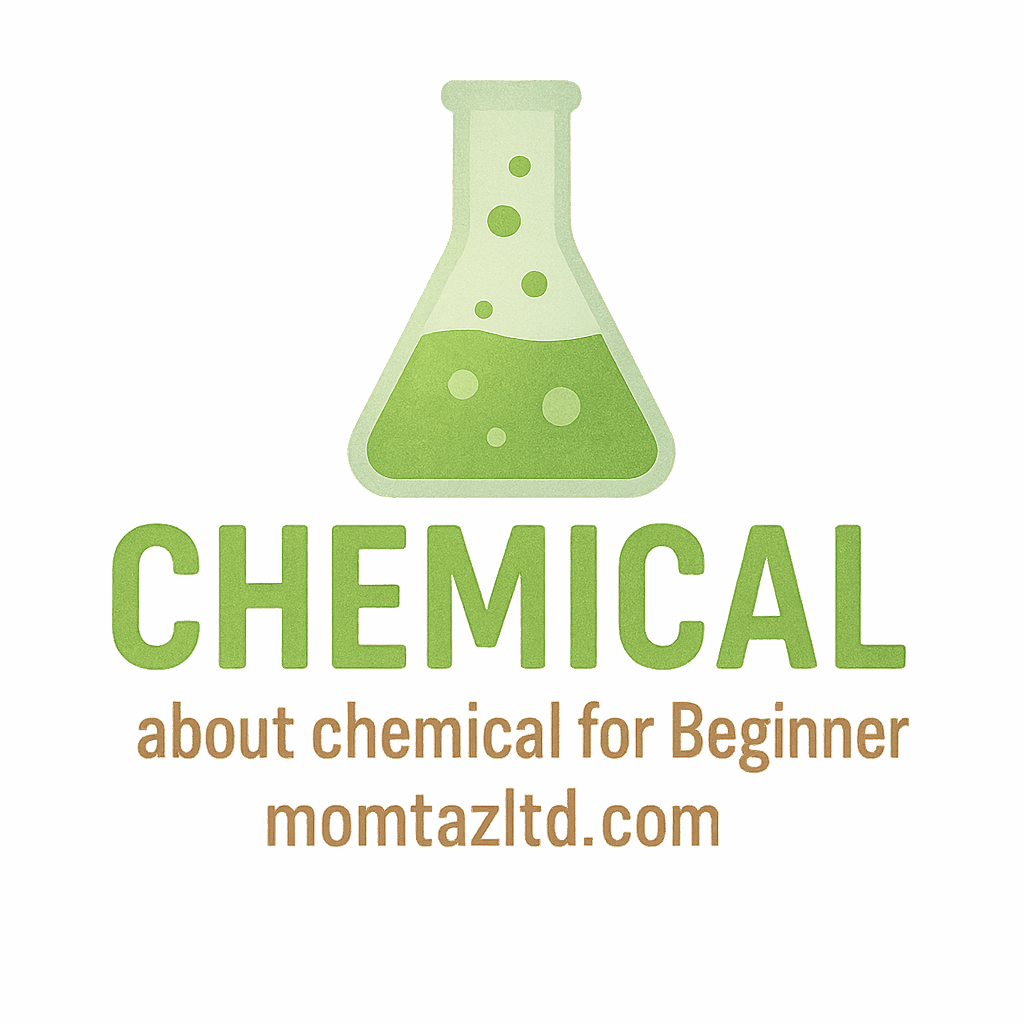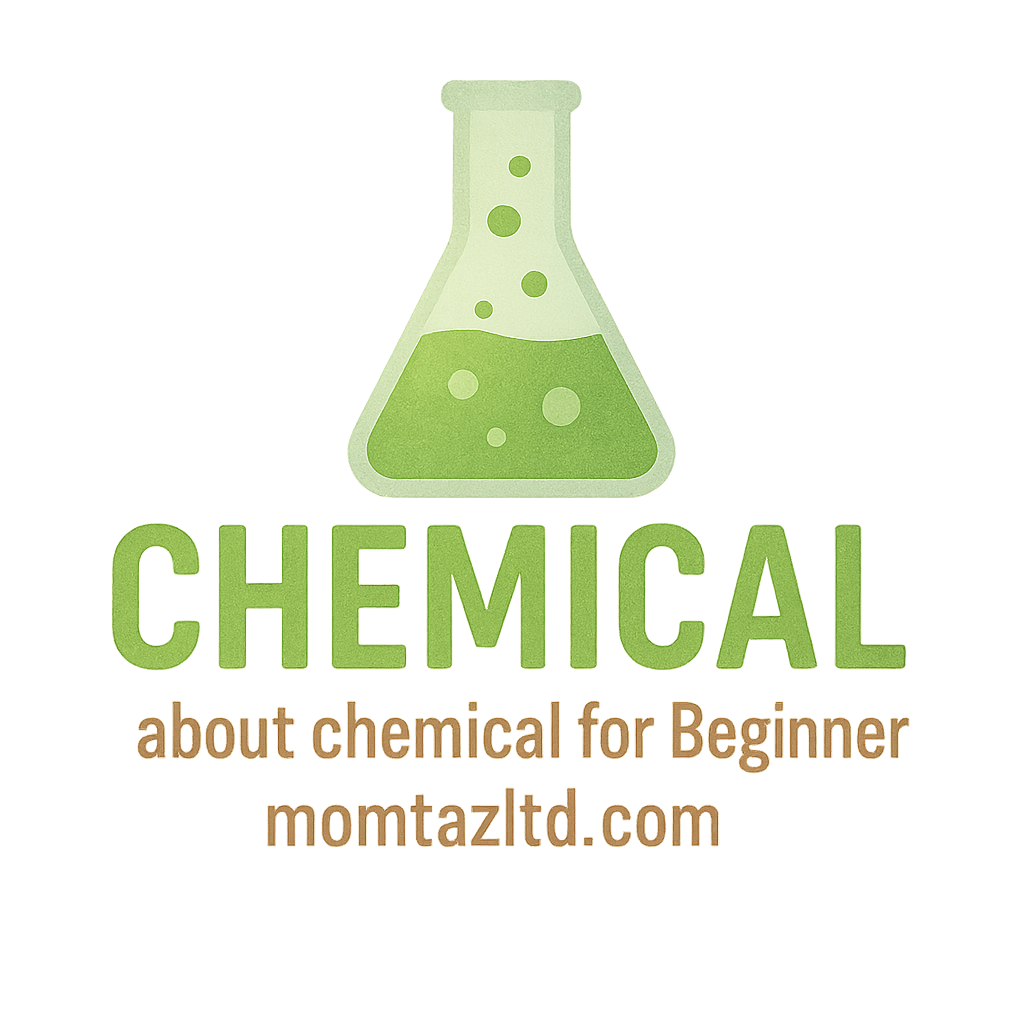Introduction: Why Misconceptions About Chemicals Exist
When you hear the word chemical, what comes to mind? For many beginners, it’s danger signs, explosions, or news headlines about pollution. This fear-driven view makes people hesitant to learn about chemistry. But here’s the truth: chemicals are not just bubbling beakers in labs—they are the foundation of life itself.
In this article, we’ll break down 7 common misconceptions about chemical for beginner learners. By the end, you’ll see chemistry in a more balanced light and maybe even feel inspired to explore it further.
Misconception 1: All Chemicals Are Dangerous
The Reality: Chemicals Are Everywhere
One of the biggest myths is that “chemicals” automatically mean something toxic. But water, oxygen, and even the air you breathe are chemicals. Your body itself is made up of chemical compounds like proteins, carbohydrates, and DNA.
Instead of fearing chemicals, it’s important to recognize that they are simply substances with defined structures. Some are safe, some are harmful, and some depend entirely on how they’re used.
Safe vs. Unsafe Use
The difference often lies in chemical safety practices. Even household chemicals can be dangerous if misused—think bleach mixed with ammonia. That’s why learning proper chemical basics is key for beginners.
Misconception 2: Chemicals Are Only Found in Laboratories
Household Chemicals You Use Daily
Another misconception is that chemicals belong only to scientists in white coats. In reality, your home is full of them. Household chemicals like vinegar, baking soda, soap, and detergents are used daily.
Even cooking involves chemistry—mixing salt, sugar, and oil is working with chemical compounds.
Industrial Chemicals in Everyday Life
Industries also contribute to your daily comfort. Industrial chemicals are behind the plastics in your phone, the fertilizers that grow your food, and the cleaning agents that keep spaces hygienic.
So no, chemistry doesn’t just live in laboratories—it’s in your kitchen, bathroom, and wardrobe.
Misconception 3: Natural Means Safe, Synthetic Means Harmful
Breaking the “Natural Is Better” Myth
“Natural” doesn’t always equal safe. Poison ivy and arsenic are natural, but you wouldn’t want them in your salad. On the other hand, synthetic medicines like aspirin and insulin save millions of lives every year.
The Role of Synthetic Chemicals
Synthetic doesn’t mean dangerous; it means designed. These substances are often made to be more effective, stable, or safe than their natural counterparts. Beginners can explore this concept more in beginner chemistry lessons.
Misconception 4: Chemicals Cause All Pollution
The Real Causes of Environmental Issues
It’s common to blame chemicals for all pollution. But the real issue isn’t the substances themselves—it’s mismanagement and poor chemical storage. When disposed of improperly, even harmless materials can harm ecosystems.
How Chemicals Can Help the Environment
Not all chemicals are villains. Some are heroes—like eco-friendly detergents, renewable energy batteries, or carbon-capturing compounds. The challenge is using chemical safety and sustainable practices wisely.

Misconception 5: You Need to Be a Scientist to Understand Chemicals
Beginner-Friendly Chemistry Learning
Here’s some good news: you don’t need a PhD to grasp the basics. Websites like MOMTAZ LTD provide easy-to-follow guides for those curious about chemistry.
Simple Chemistry Basics Everyone Can Grasp
Concepts like mixtures, solutions, and everyday chemical reactions can be understood with simple experiments. Ever combined vinegar and baking soda? That fizz is chemistry in action!
Misconception 6: Chemical Reactions Are Always Explosive
Everyday Reactions That Are Harmless
Movies often show lab explosions, but most reactions are subtle. Digestion, rusting, or even baking bread are safe chemical reactions you see daily.
Understanding Reaction Safety
Yes, some reactions can be hazardous, which is why lab experiments require safety steps. But by following correct protocols, chemistry becomes a safe, fascinating subject to explore.
Misconception 7: Chemicals Have No Role in Daily Comfort
Chemicals in Food, Clothing, and Technology
Look around: the color of your clothes, the preservatives in your food, and the material of your laptop all rely on chemistry. Even simple household tips like stain removal are backed by chemical principles.
The Role of Chemistry in Health and Medicine
From vaccines to painkillers, chemical scientists work behind the scenes to improve health. Without chemicals, modern medicine wouldn’t exist.
How Misconceptions Slow Down Beginner Chemistry Learning
Fear-Based Avoidance of Learning
When beginners believe chemistry is dangerous or too complex, they avoid exploring it. This keeps them from unlocking exciting opportunities, including chemical careers.
The Importance of Accurate Chemical Education
Learning from experts clears up myths and builds confidence. The earlier beginners confront misconceptions, the easier it is to appreciate chemistry’s value.
Tips for Beginners to Approach Chemistry With Confidence
Learn Chemical Basics Step by Step
Start small. Read about basic chemical terms and practice with everyday experiments.
Follow Chemical Safety Practices
Always keep in mind chemical accidents can be avoided with proper handling. Safety goggles and good ventilation go a long way.
Explore Lab Experiments Under Guidance
Hands-on learning is the fastest way to enjoy chemistry. Whether at school or through guided workshops, practical activities make chemistry come alive.
Resources for Beginners to Learn Chemistry
Online Guides and Tutorials
Websites like MOMTAZ LTD provide detailed resources on laboratory chemicals, industrial learning, and even inspirational stories from the chemical field.
Inspiration From Chemical Scientists
Reading about scientists’ journeys helps beginners see that anyone can start small and grow into an expert. Explore resources on practice chemistry to get hands-on.
Conclusion: Seeing Chemistry With Clear Eyes
Chemistry isn’t the monster it’s often painted to be. By breaking down these 7 common misconceptions about chemical for beginner, you can approach science with curiosity instead of fear. From the air you breathe to the medicine you take, chemicals make life possible.
So instead of running away from chemistry, dive in step by step. Who knows? You might just find yourself falling in love with the science that shapes our world.
FAQs
Q1: Are all household chemicals dangerous?
Not at all. Many household chemicals are safe when used properly. The key is responsible use.
Q2: How can beginners start learning about chemistry?
Start with simple experiments, read beginner chemistry guides, and build confidence gradually.
Q3: Is it true that all synthetic chemicals are harmful?
No. Many synthetic chemicals, like medicines, are designed to improve safety and effectiveness.
Q4: Why do people fear chemicals so much?
Media often highlights accidents and ignores everyday safe uses. That creates a biased perception.
Q5: What’s an example of a safe chemical reaction?
Mixing vinegar and baking soda is a classic safe experiment for beginners.
Q6: Do I need expensive lab tools to learn chemistry?
Not necessarily. Simple tools and safe lab experiments are enough to get started.
Q7: Can learning chemistry lead to a career?
Absolutely. From chemical scientists to industrial learning, chemistry opens diverse career paths.


